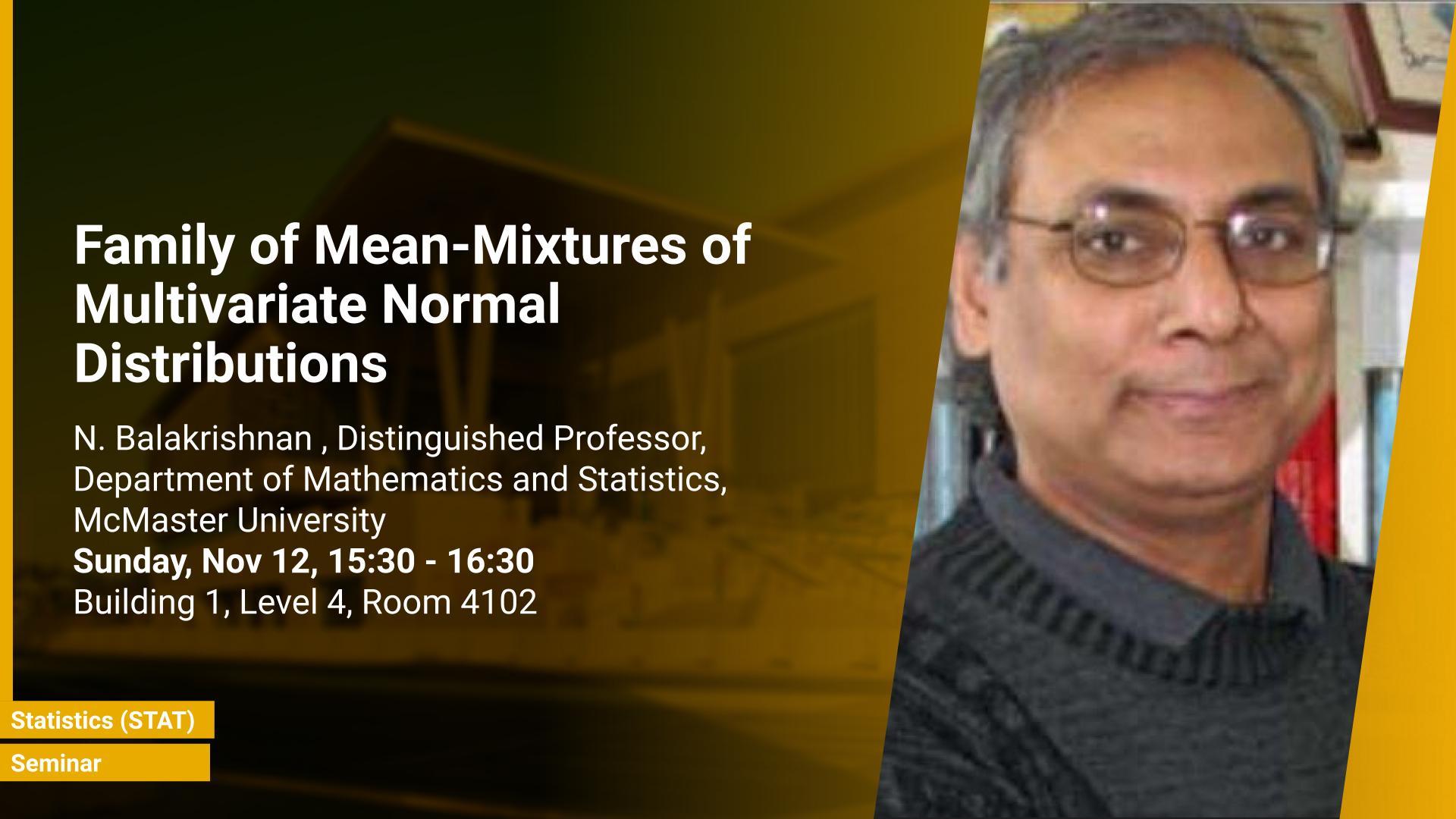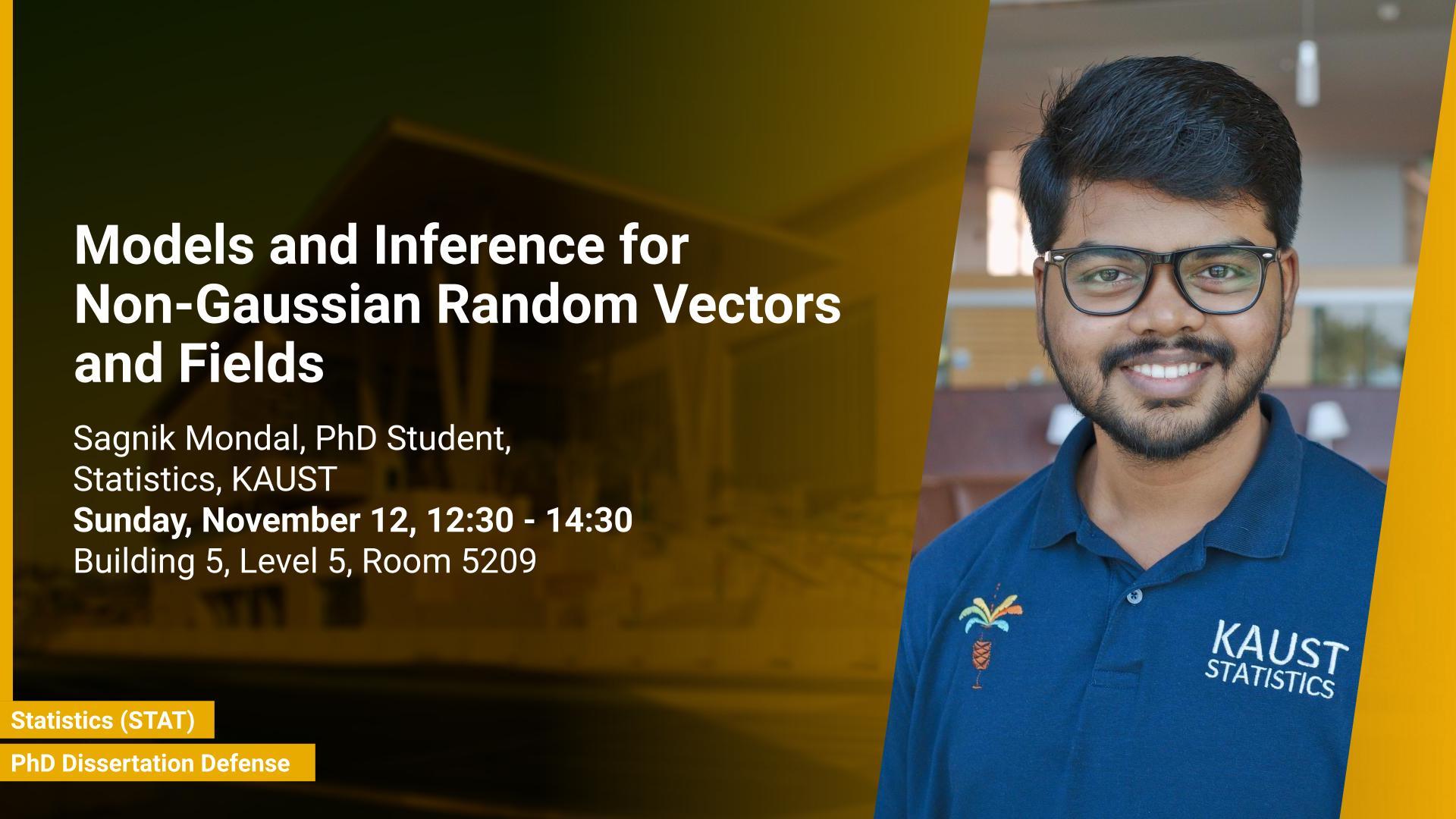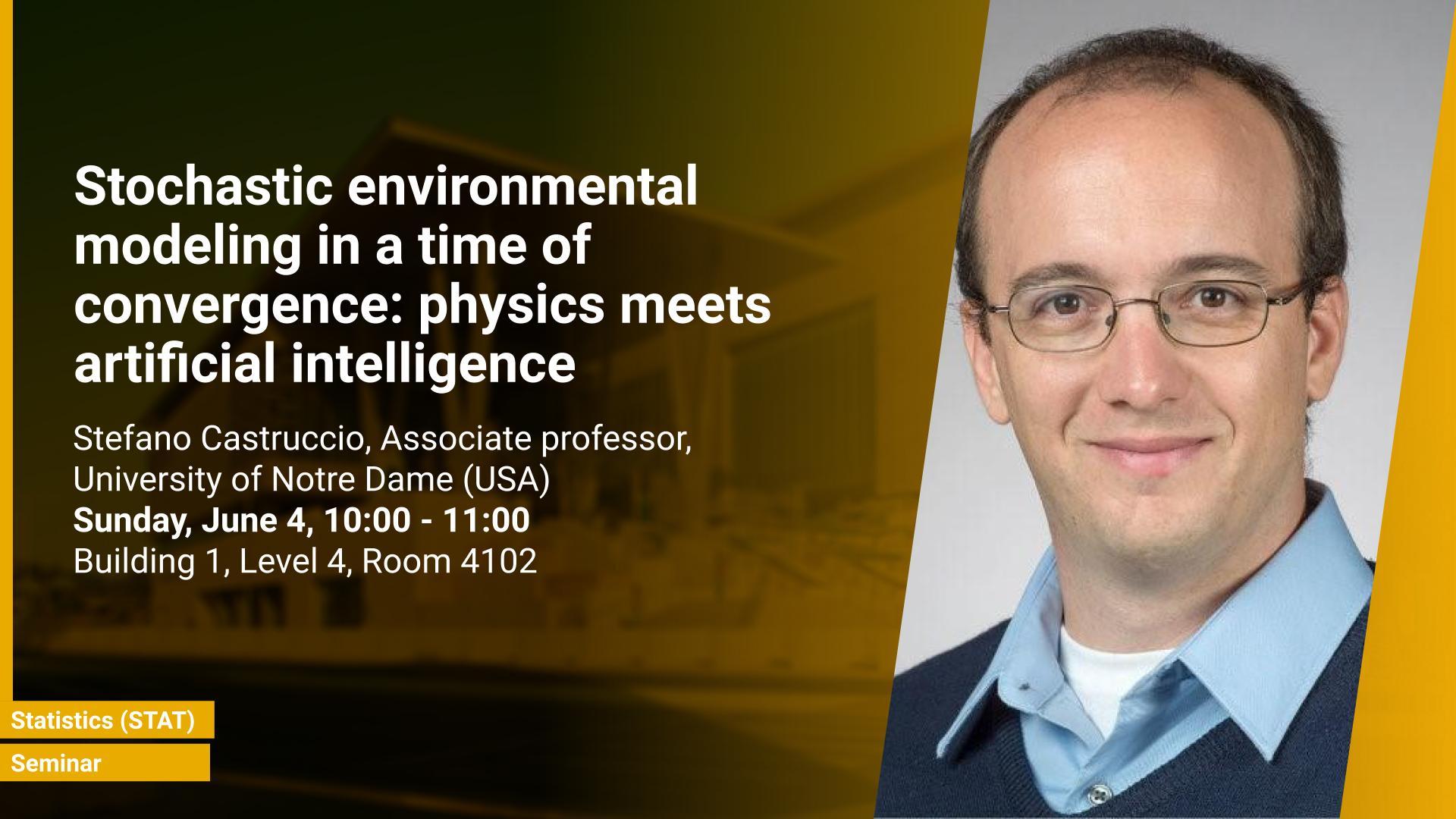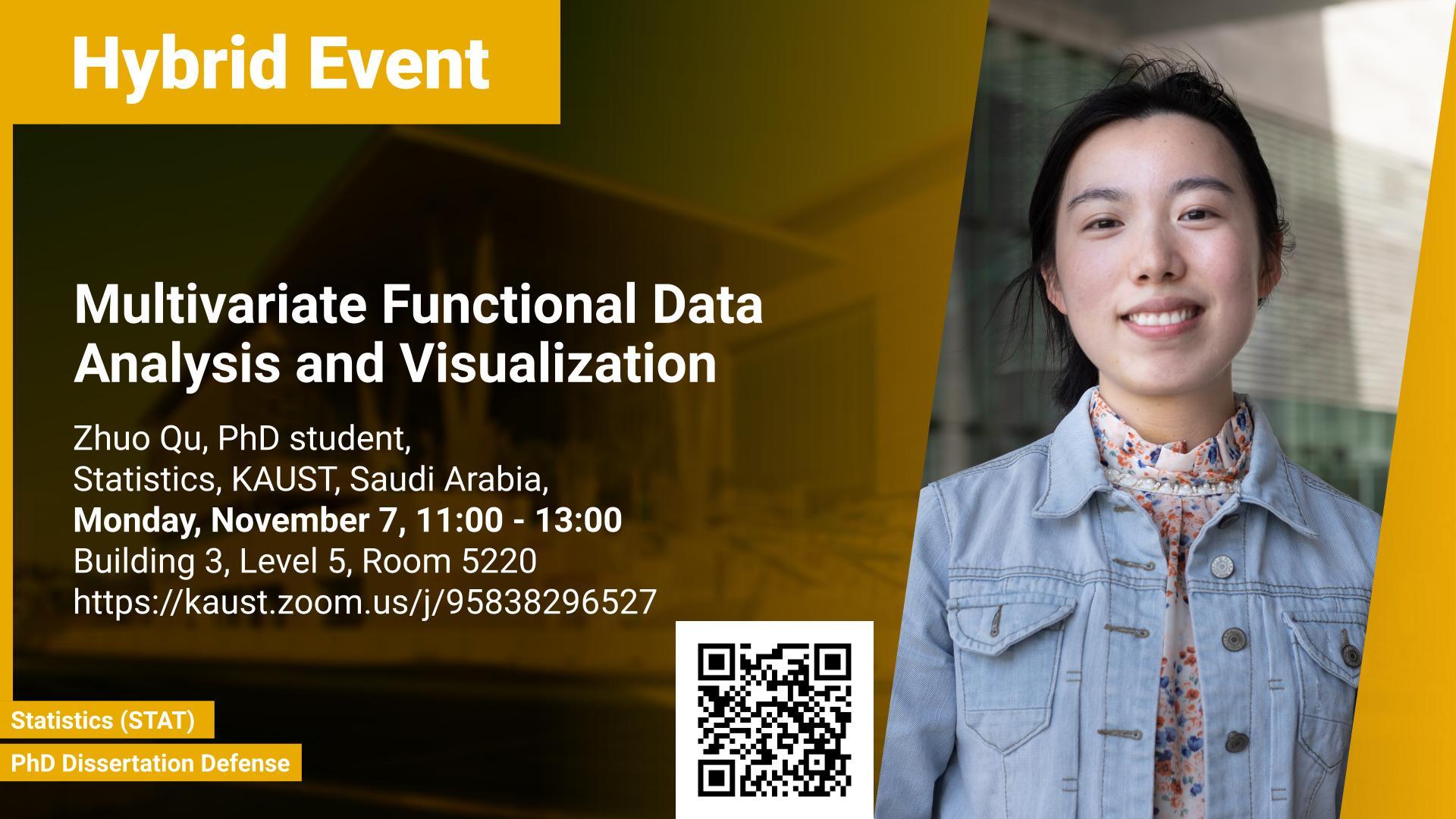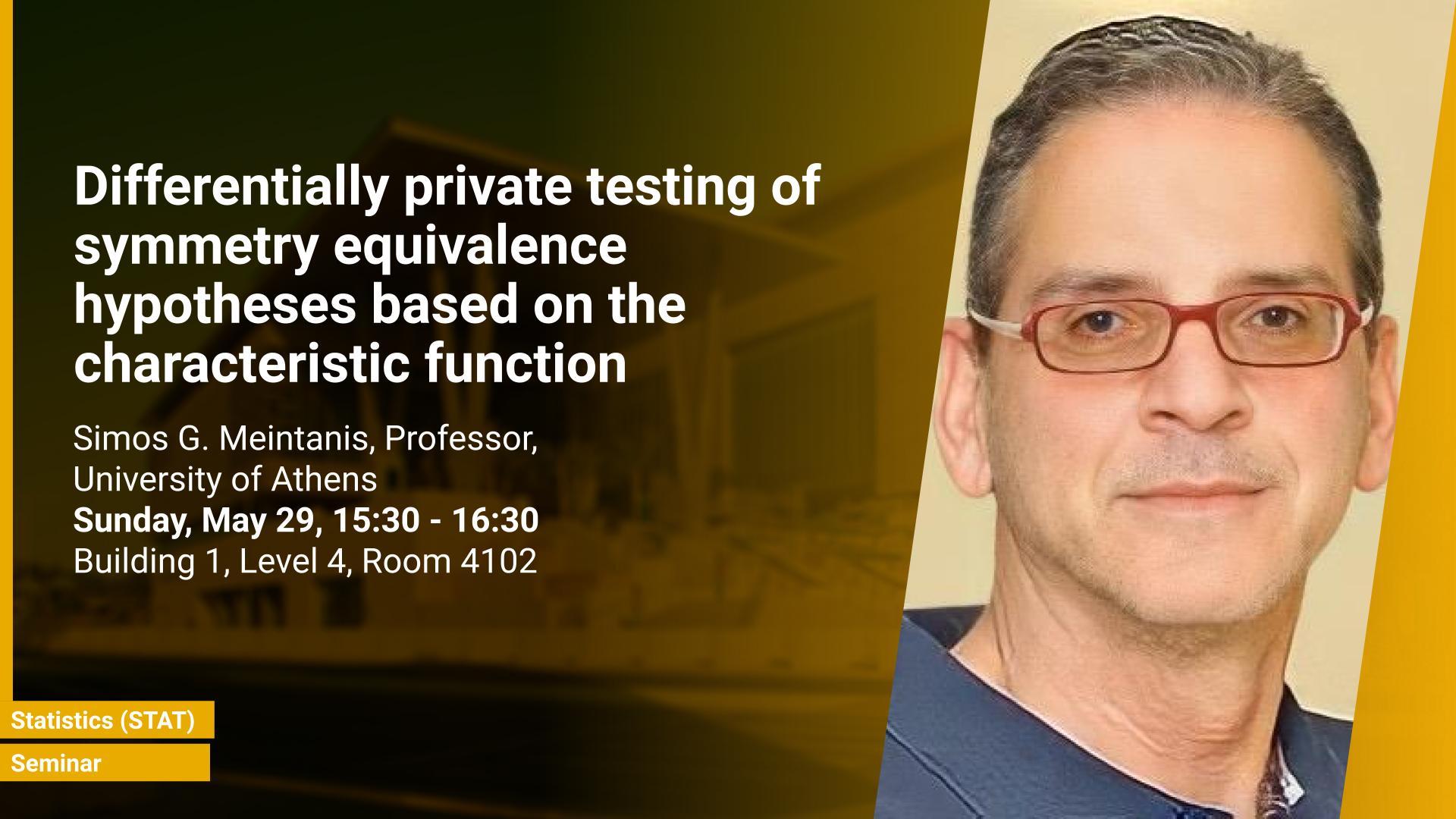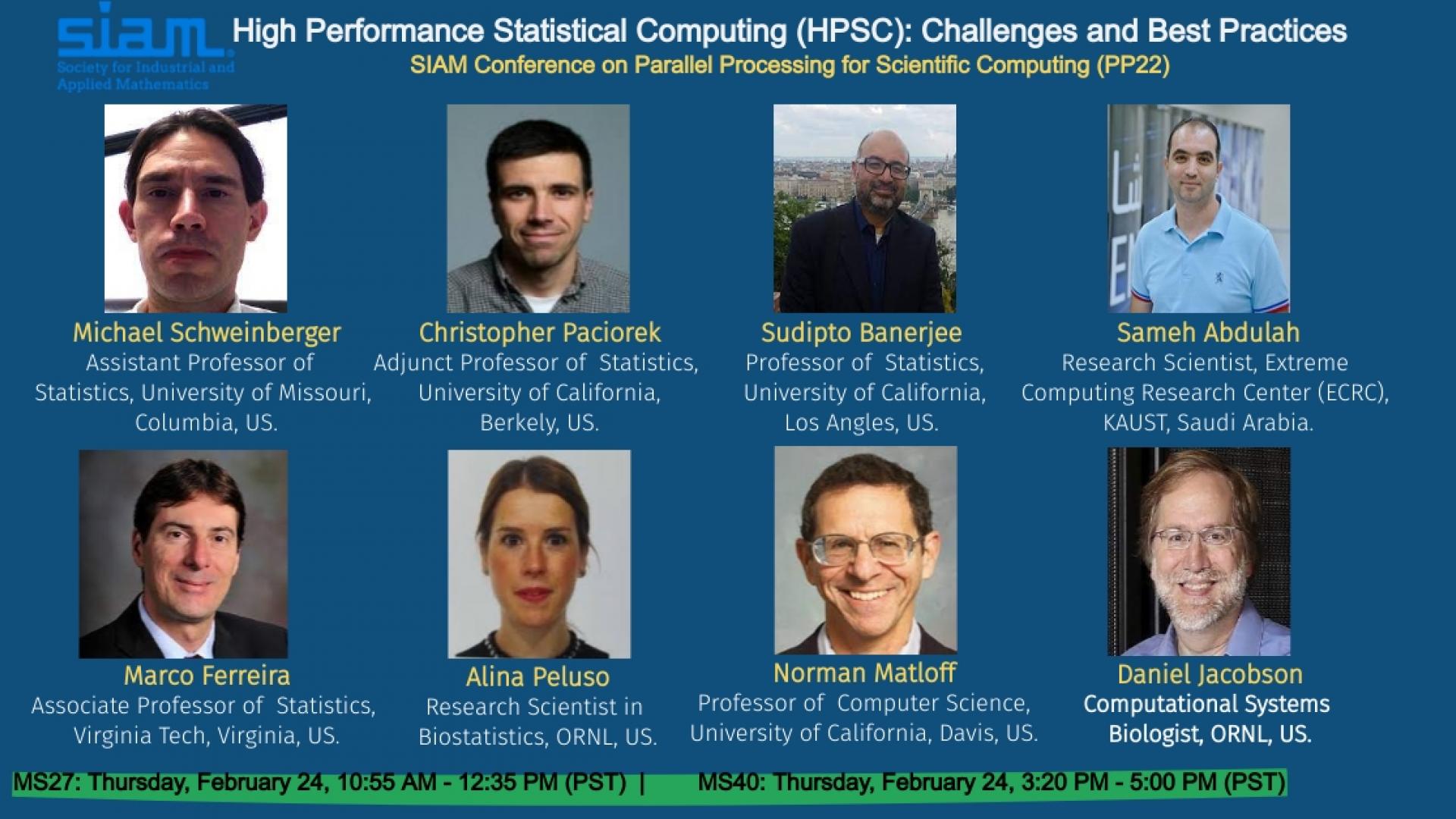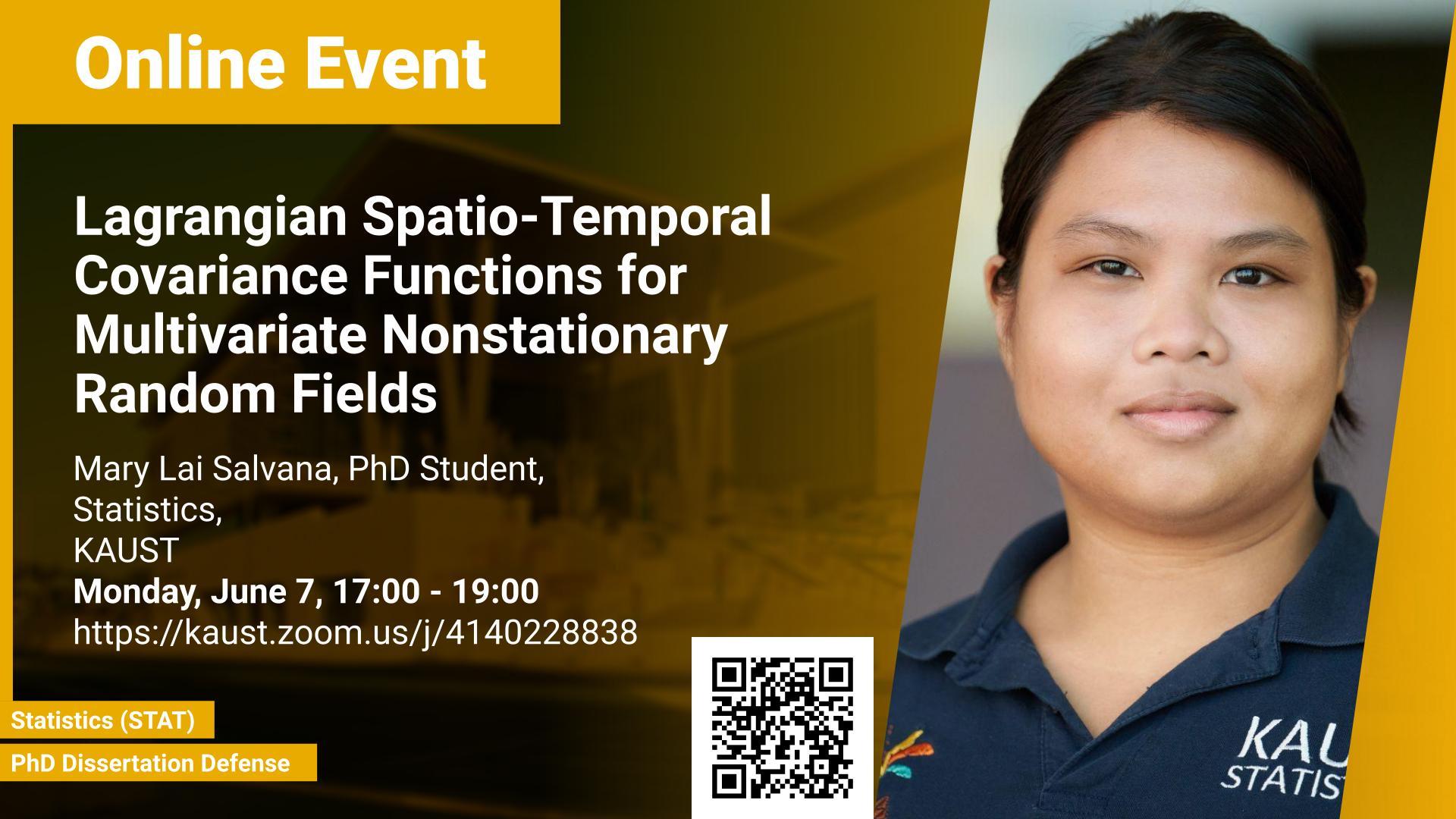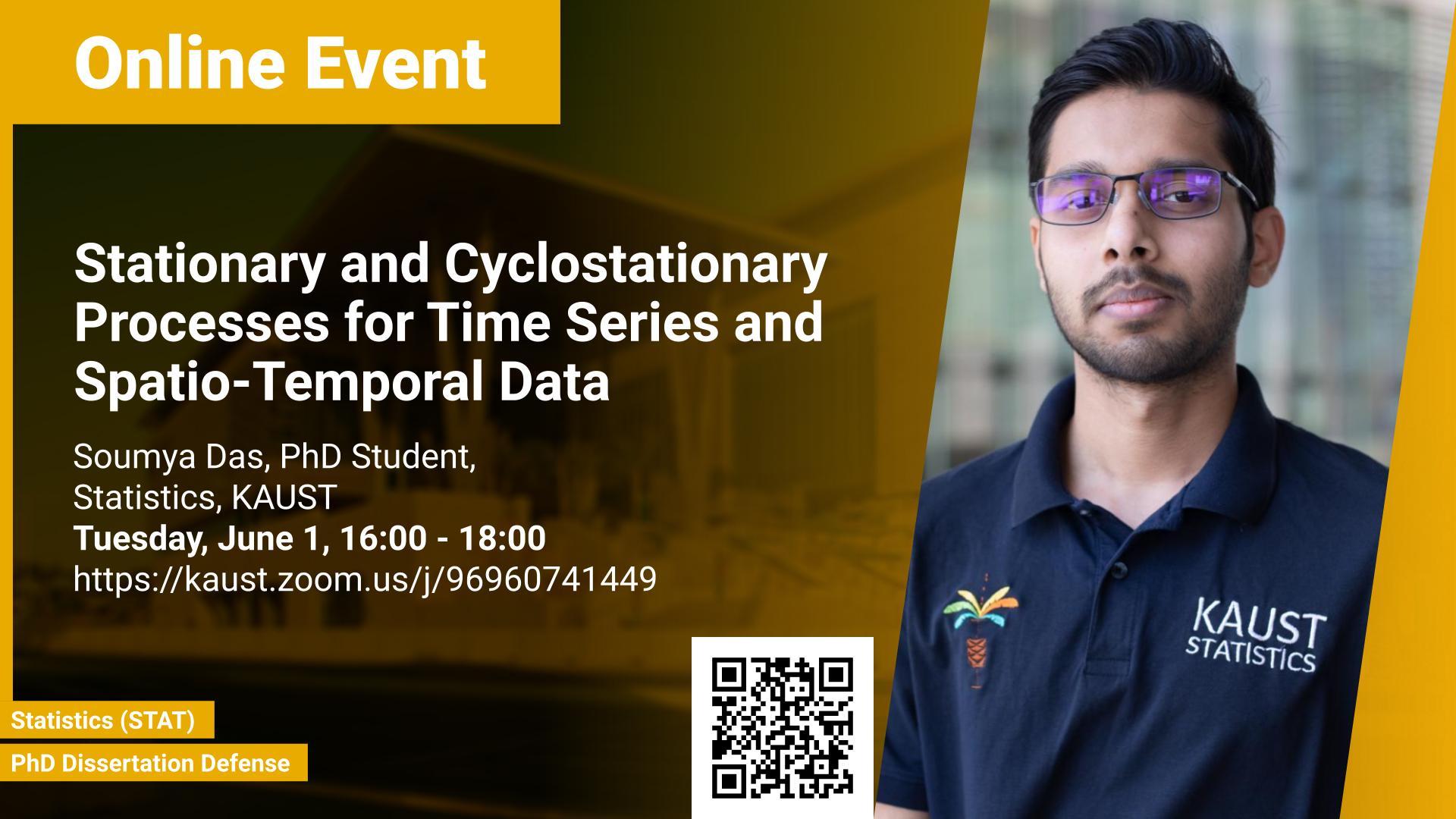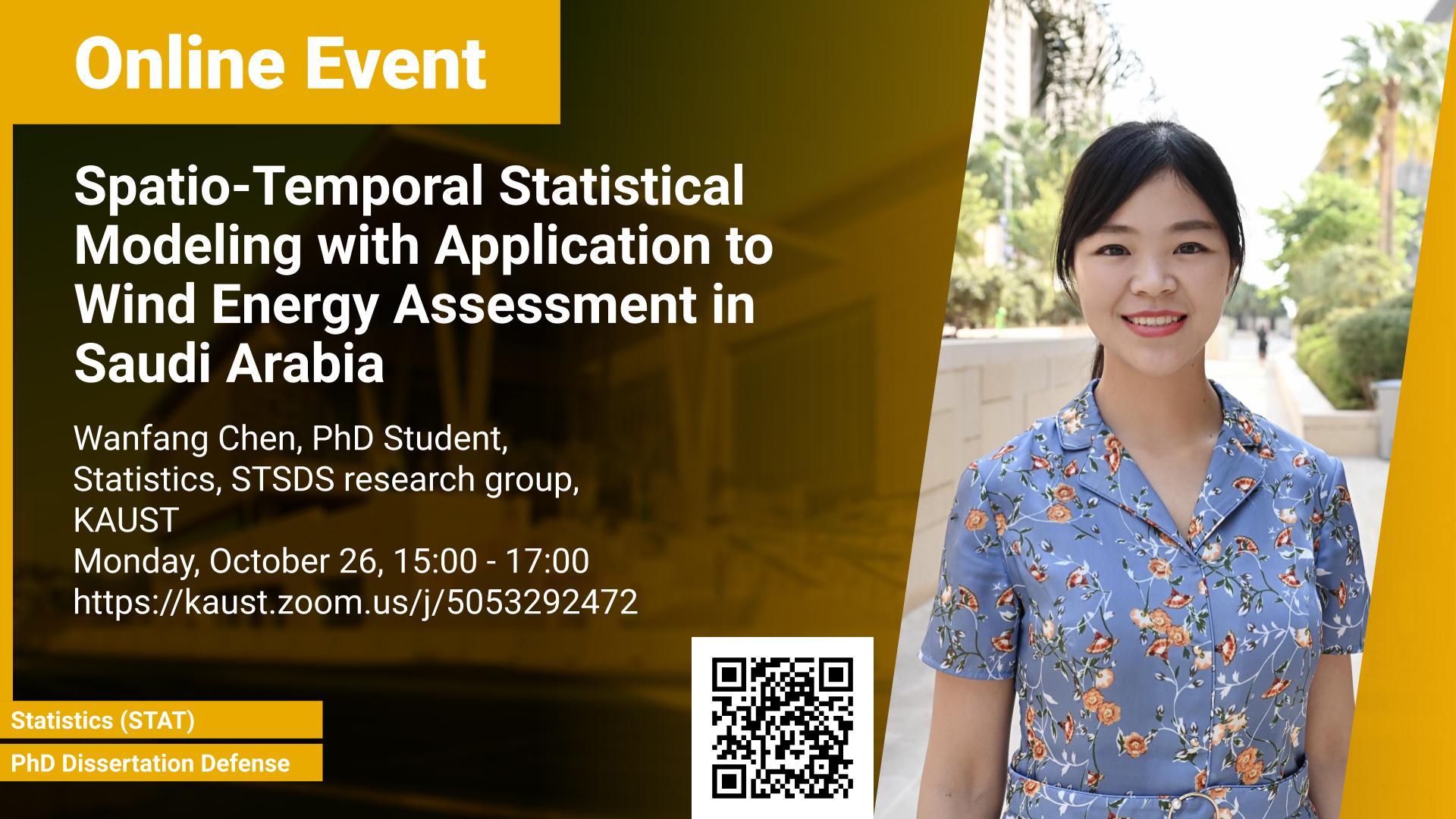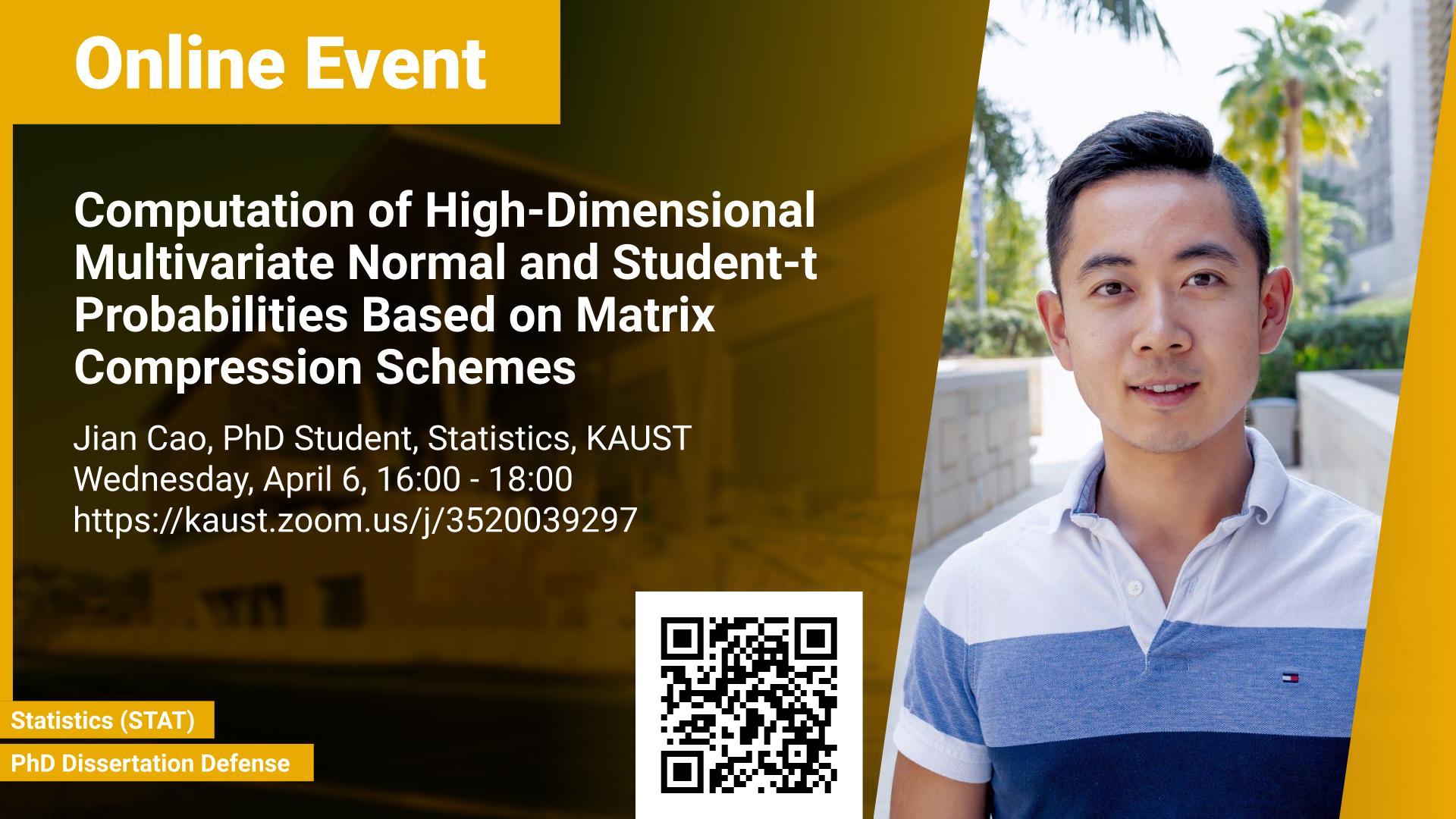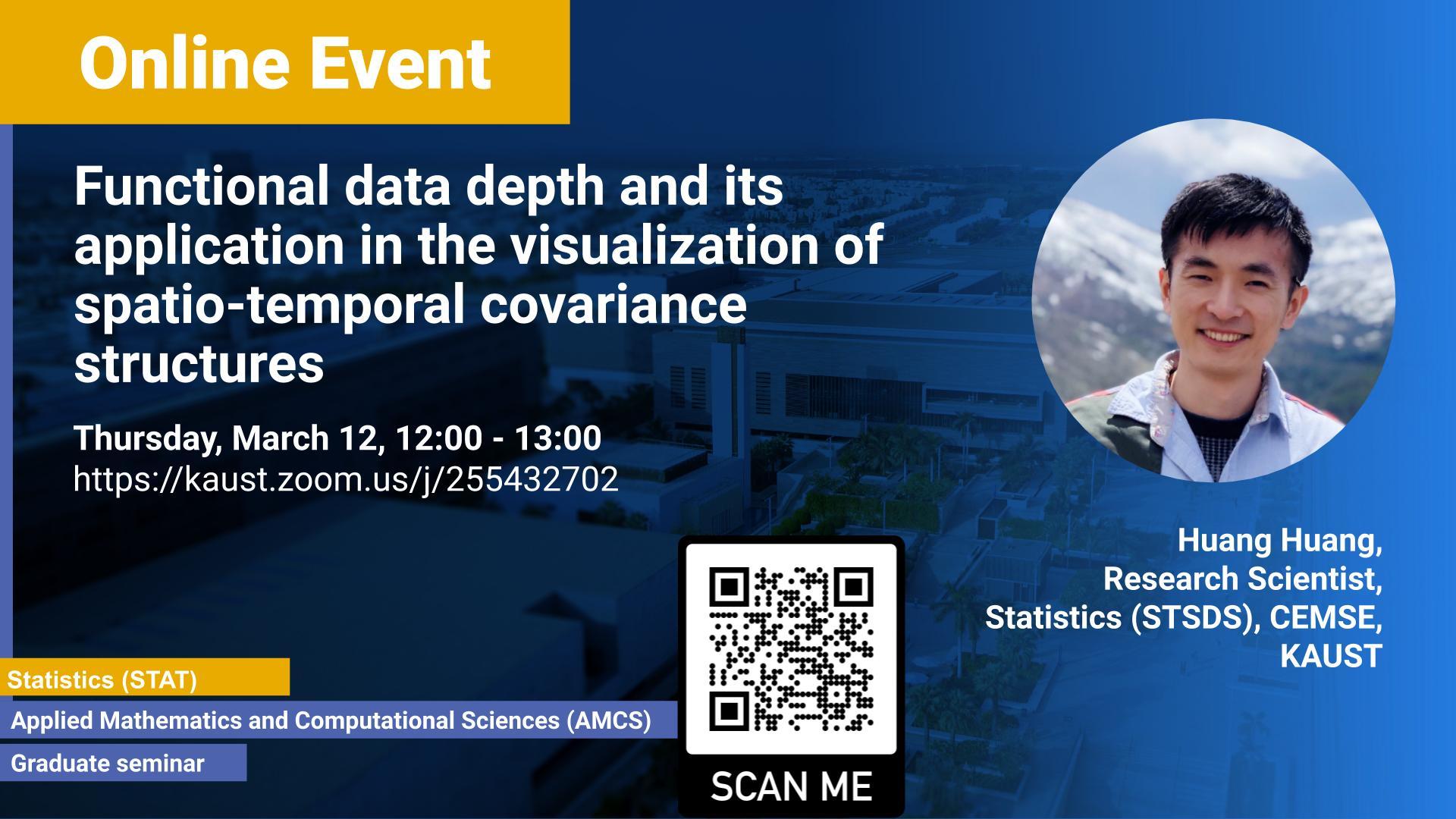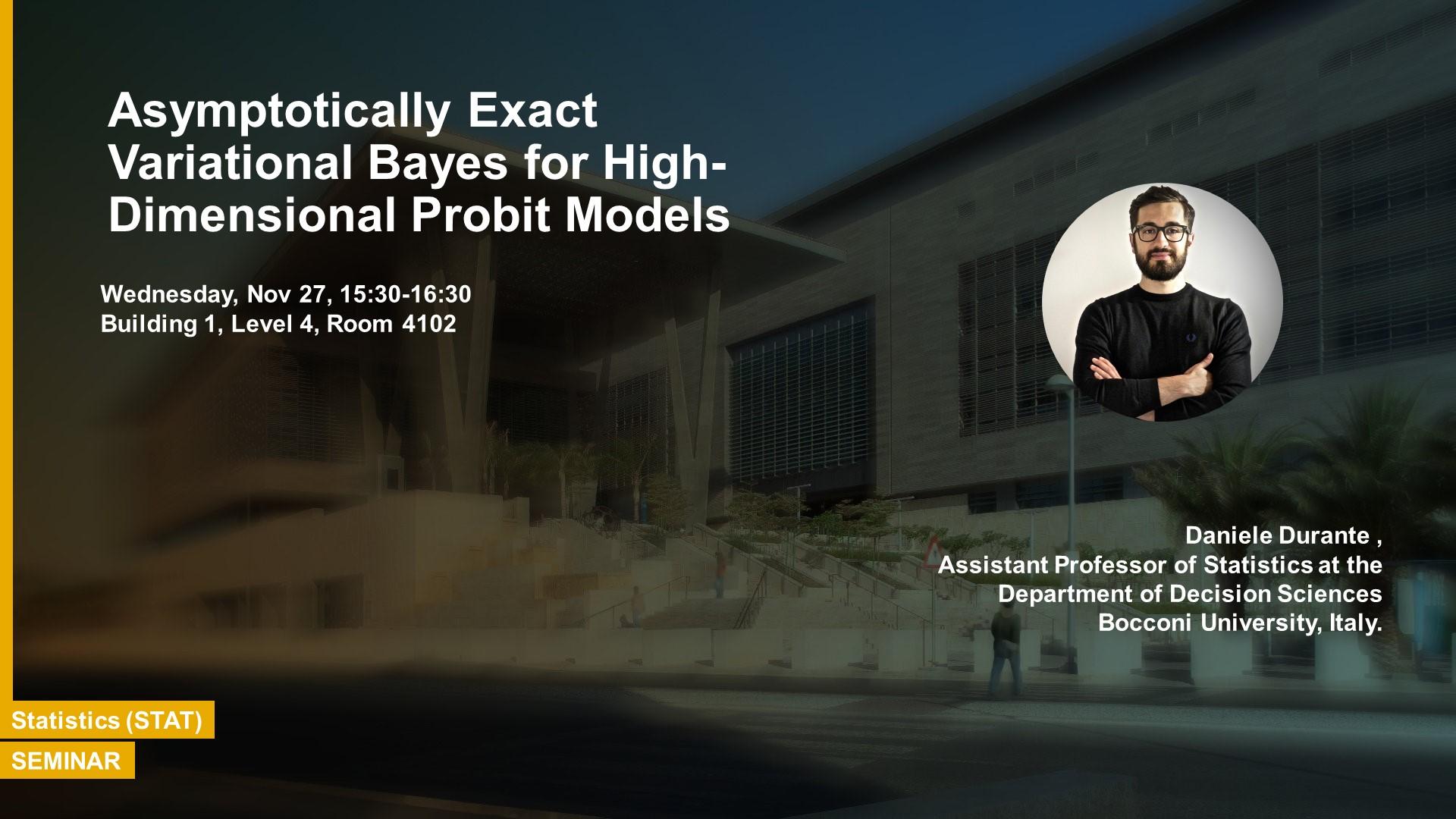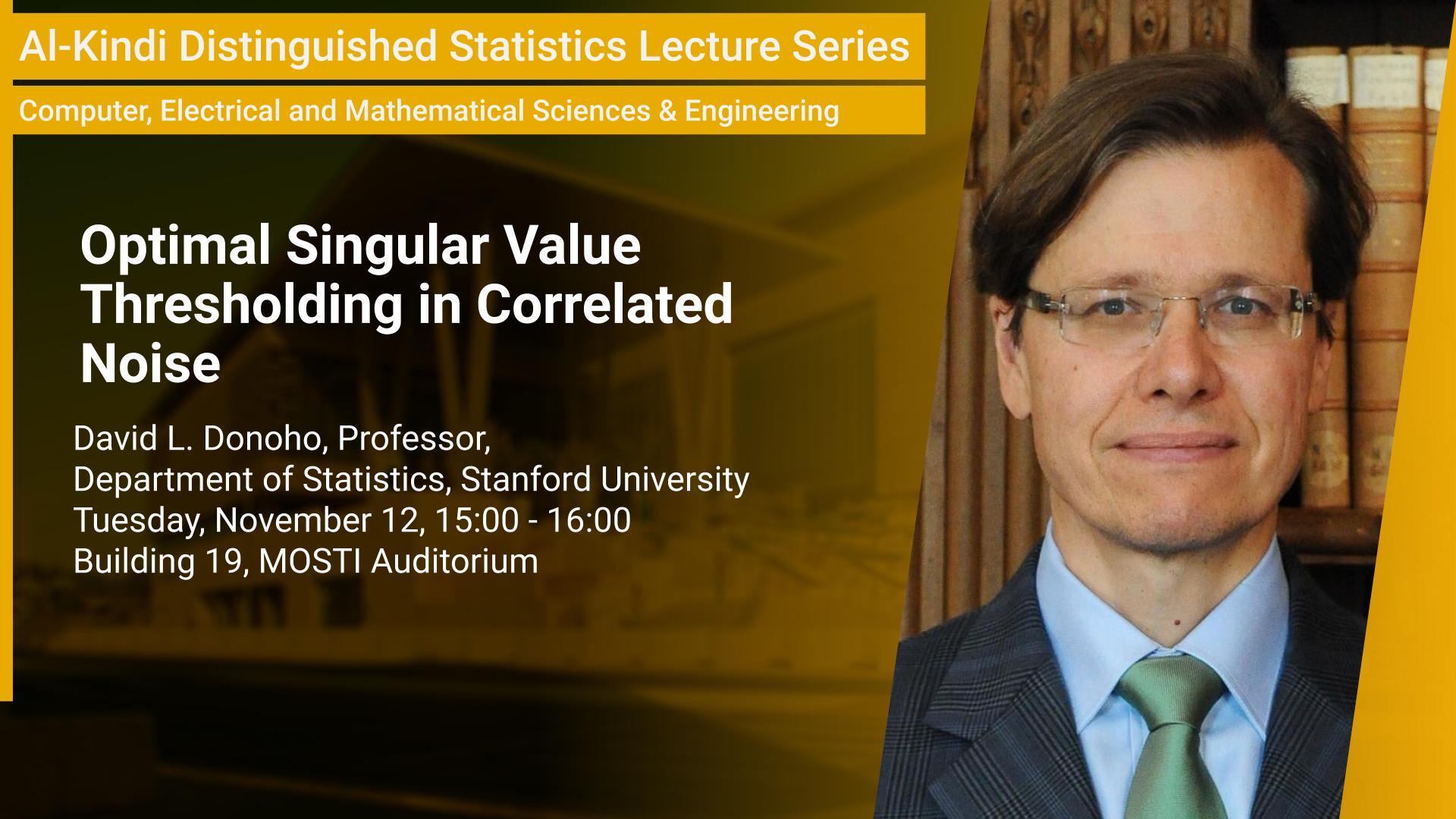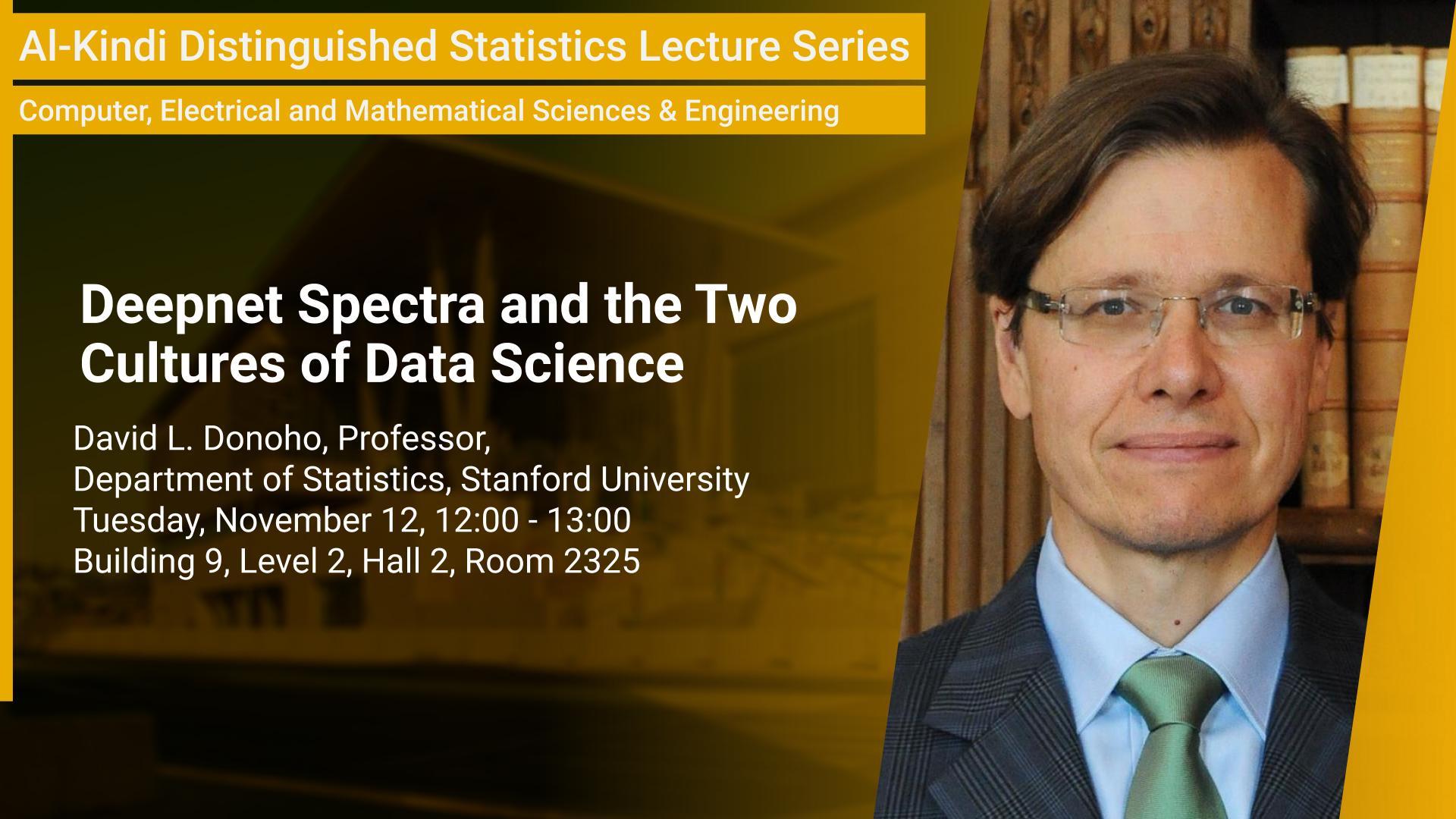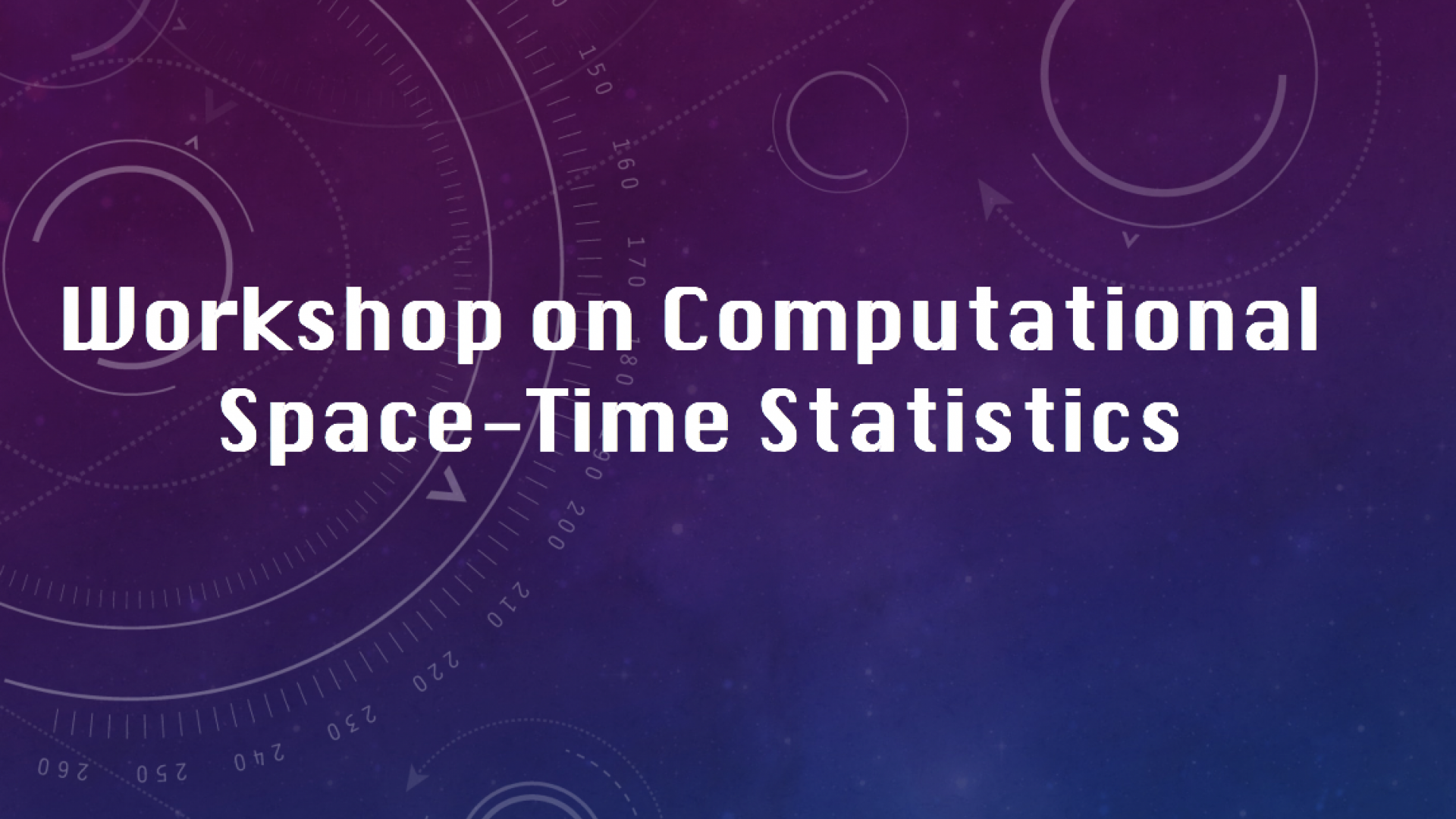2019 Statistics and Data Science Workshop confirmed speakers include Prof. Alexander Aue, University of California Davis, USA, Prof. Francois Bachoc, University Toulouse 3, France, Prof. Rosa M. Crujeiras Casais, University of Santiago de Compostela, Spain, Prof. Emanuele Giorgi, Lancaster University, UK, Prof. Jeremy Heng, ESSEC Asia-Pacific, Singapore, Prof. Birgir Hrafnkelsson, University of Iceland, Iceland, Prof. Ajay Jasra, KAUST, Saudi Arabia, Prof. Emtiyaz Khan, RIKEN Center for Advanced Intelligence Project, Japan, Prof. Robert Krafty, University of Pittsburgh, USA, Prof. Guido Kuersteiner, University of Maryland, USA, Prof. Paula Moraga, University of Bath, UK, Prof. Tadeusz Patzek, KAUST, Saudi Arabia, Prof. Brian Reich, North Carolina State University, USA, Prof. Dag Tjostheim, University Bergen, Norway, Prof. Xiangliang Zhang, KAUST, Saudi Arabia, Sylvia Rose Esterby, University of British Colombia, Canada, Prof. Abdel El-Shaarawi, Retired Professor at the National Water Research Institute, Canada. View Workshop schedule and abstracts
here.
